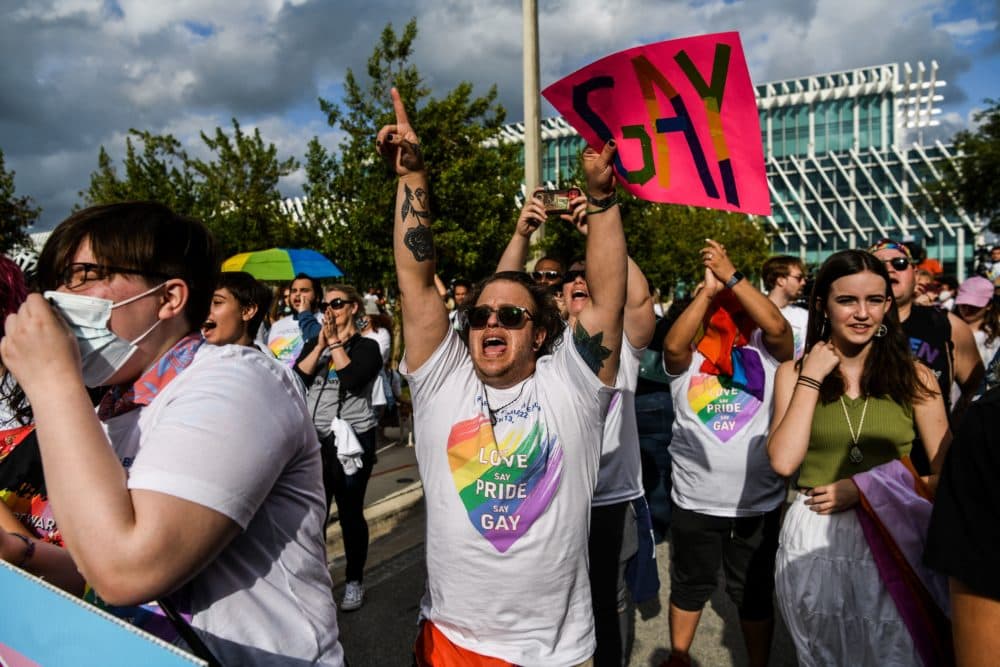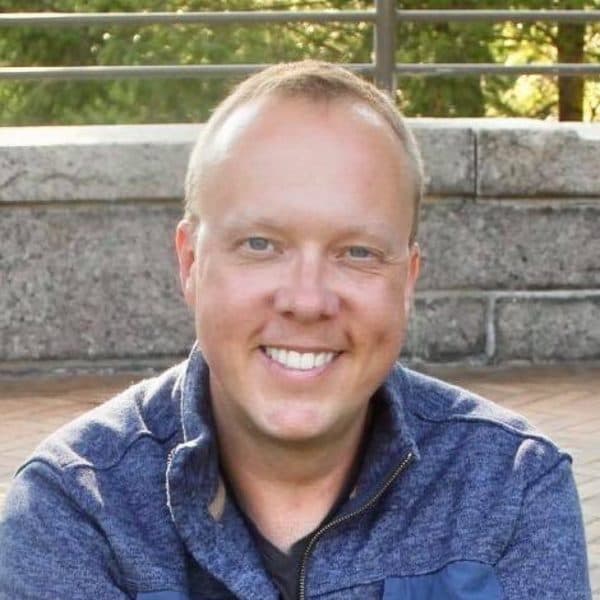Advertisement
Commentary
Florida is outlawing the one thing that helped gay kids like me

I remember my first crush. His name was Josh. He had freckles, wore corduroys and had the bowliest of bowl haircuts. As I passed him in the school hallways, it was like a light surrounded him. I wished I could talk to him, but alas, he was a year ahead of me, a different universe at our ages. He was in second grade; I was in first.
This week, Florida Gov. Ron DeSantis signed into law the “Parental Rights in Education” bill, largely known as the “Don’t Say Gay” bill. The law prohibits kindergarten through grade three school personnel or third parties from instructing on gender identity in a manner that is not developmentally or age-appropriate.
In 1980s Sudbury, when I was in first grade, I didn't have the language to say that I was gay. There was no law but there seemed to be an unspoken societal agreement not to even say the word "gay." What limited exposure I had to gay people amounted to gay-men-as-punchlines on sitcoms — a man enters a scene to act out a feminized stereotype of gay, main characters make a joke about him and his mannerisms, he leaves the camera’s gaze to a laugh track. I didn’t understand what making fun of these men had to do with the way Josh’s smile lit up a hallway, but I knew it did.
For months at a stretch, I fell asleep hoping not to wake up the next day.
Occasionally, one of my older siblings uttered the word at home, usually in a joke about someone being “gay,” and my mother would sneer and tell us she didn’t want us to say it. We were Catholics, and a comment by one of my peers in Catechism class about “sending gays to an island to die” had gone unchecked. This seemed in line with my mother’s feelings.
DeSantis has defended the bill by saying that parents, not teachers, should discuss matters of sexual orientation with their children. What about children who grew up like me, who don't have this option? Who do they talk to?
Throughout my life, teachers have served as a lifeline, teaching me not only about their areas of expertise, but also how to survive among others. My high school English teacher, Annalisa Notaro, handed me a copy of Kate Chopin’s “The Awakening.” Through Edna Pontellier’s dissatisfaction about how she was expected to live as a woman in the late 19th century American South, I recognized a depression that was eating me alive. For months at a stretch, I fell asleep hoping not to wake up the next day.
When I wrote about Edna, how I understood her desire to walk into the ocean and stop living a life that didn’t reflect who she was, it started a dialogue between me and my teacher. Ms. Notaro welcomed the conversation, and me. It was one of the first times I felt my worth.
How much further would the weeds of my depression have stretched?
Such conversations could potentially still happen in Florida between older students and teachers, but opponents worry the bill could be interpreted broadly enough to trigger lawsuits in any grade and cause teachers to completely avoid discussion of sexual orientation. What would have happened if a teacher like Ms. Notaro, fearing a lawsuit, ignored my cry for help? How much further would the weeds of my depression have stretched?
And yet, what would have happened if I'd had this conversation earlier, if I told my first-grade teacher, Mrs. Rockwell, “Josh is the cutest boy in the world.” Would she have patted my back, and made me feel like there was a place for me as I was? Pointed me to a book that made me feel less alone? Clipped the roots of a mental health struggle that was just starting to grow?
We don't want to go back in time to the days of children sweating in their beds, feeling they are somehow wrong or unlovable, as I did, remaining silent because of who they are. This law could be devastating. Instead, we can reassure children who desperately need to know that their lives matter, and that they belong in the world.
